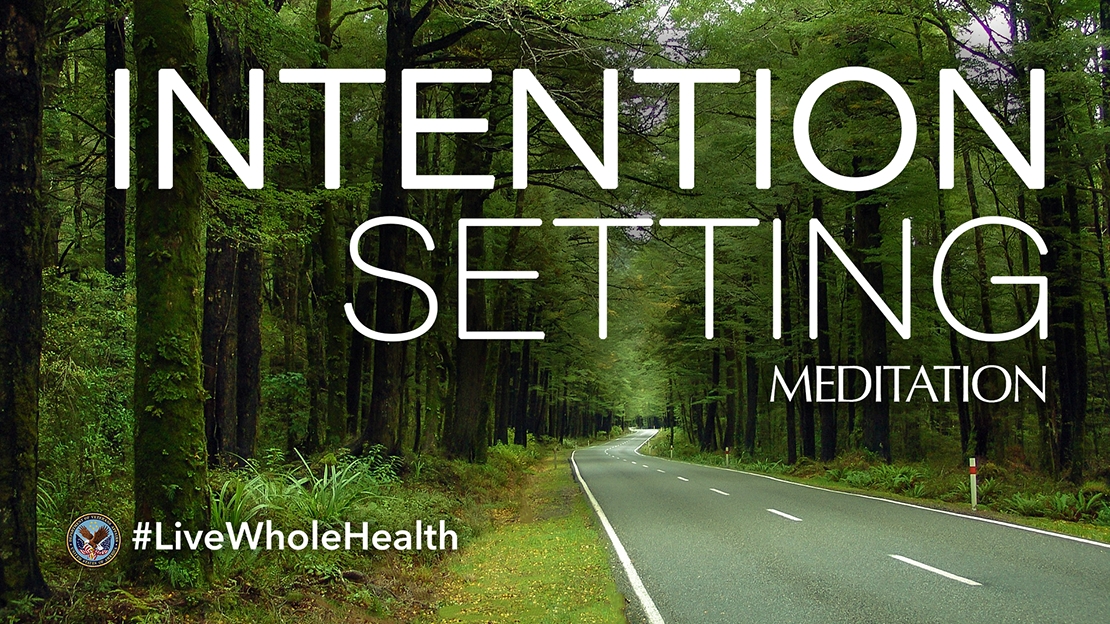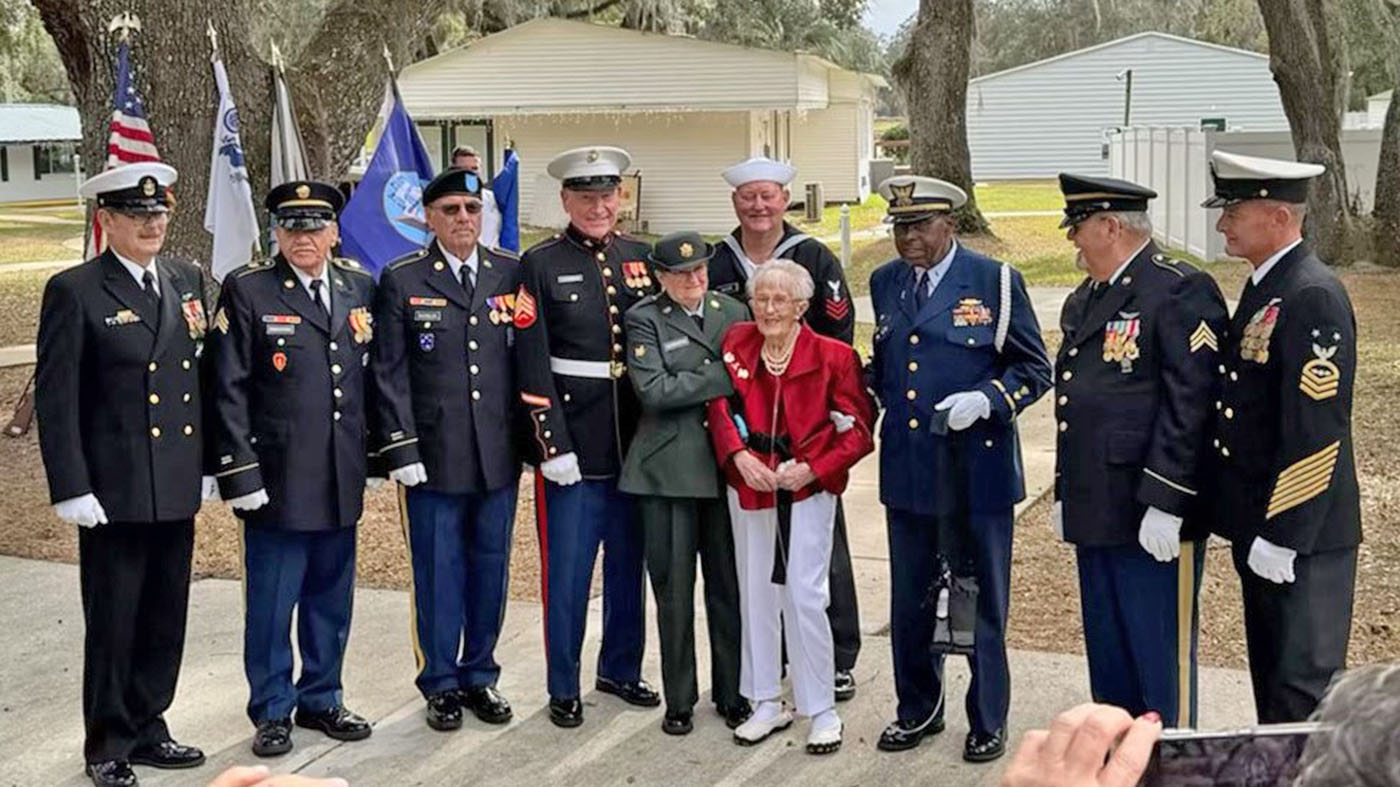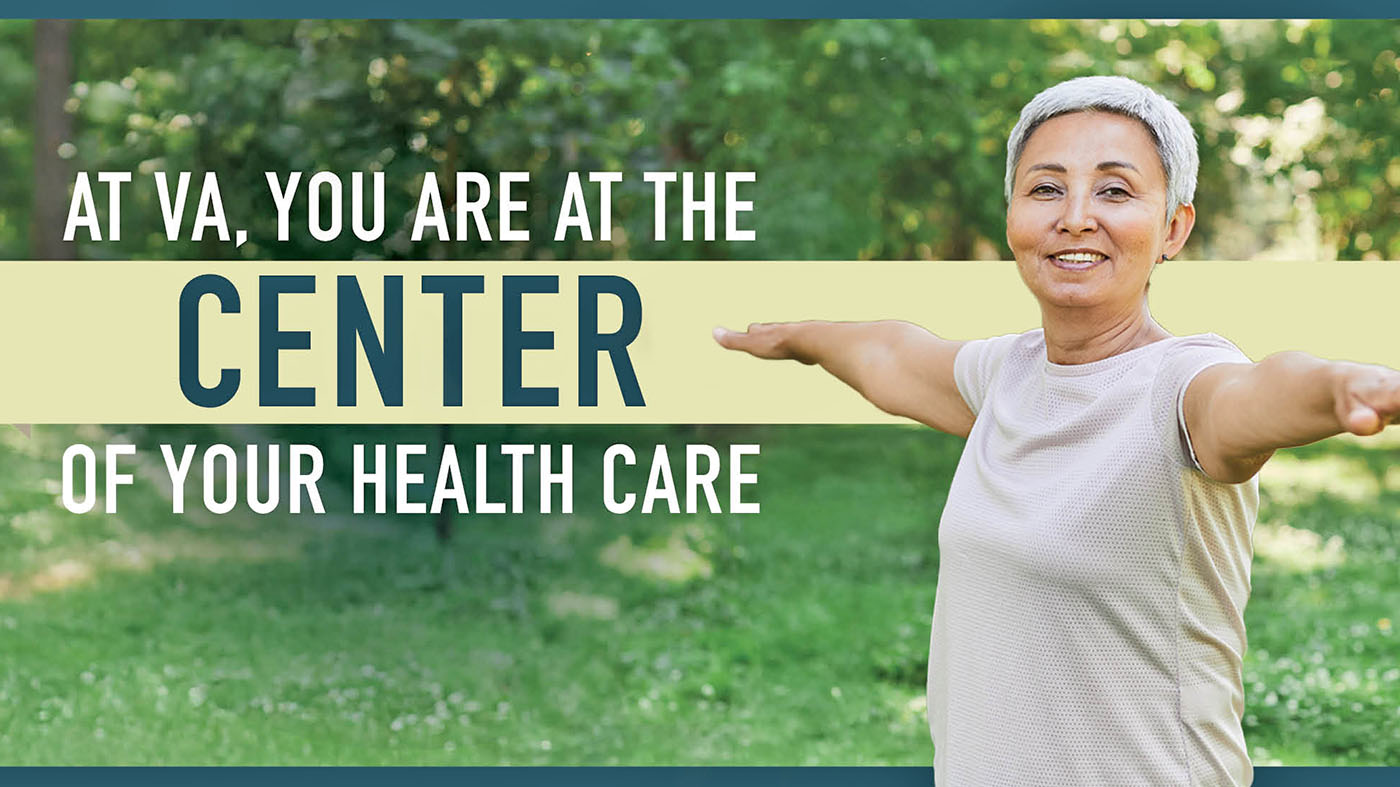The Ending Veteran Homelessness podcast created a mini-series to introduce the basic facts on Veteran homelessness and how VA is working to solve it.
Expert guests from throughout VA’s homeless programs join us to:
- Provide a high-level overview, including the definition of homelessness, factors that increase the risk of becoming homeless and progress to date in part one.
- Give information about the Veterans we serve, their demographic trends and which subpopulations may need particular attention, in the second installment.
- Review all of VA’s homeless programs and services to wrap up the series.
Part 1: Defining homelessness
We kicked off the series by diving into the definition of homelessness under the Homeless Emergency Assistance and Rapid Transition to Housing Act of 2009. A Veteran is considered homeless if:
- They lack a fixed nighttime residence and are living in emergency shelters, transitional housing, or places not meant for habitation.
- They or their family will lose their primary nighttime residence within 14 days.
- They’re an unaccompanied youth under 25 or a family with children who are couch surfing and moving frequently.
- They’re fleeing domestic violence or another life-threatening situation.
Listen to the episode and download the accompanying PDF guide.
Part 2: Individualizing services
Understanding the demographics of Veterans facing homelessness allows us to tailor our programs and provide services in an equitable, culturally competent way.
The second part of the mini-series focuses on demographic considerations, including:
- Race. Our racial equity data is helping us to ensure that we’re effectively serving all Veteran subpopulations.
- Age. Veterans facing homelessness are older than ever before, with the number of homeless Veterans over 65 growing by 71% in the last 5 years.
- Gender. The decline in homelessness among women Veterans is not keeping pace with the overall decline in Veteran homelessness.
- Gender identity and sexual orientation. LGBTQ+ Veterans are also more likely to experience homelessness.
- Geography. While most homeless Veterans are concentrated in urban areas, we need to make sure that resources are available to the 20% of homeless Veterans in rural areas.
Listen to the second episode of our mini-series.
Part 3: How we can help
The final part of the mini-series was a special guest bonanza with 12 experts dropping in to speak about the approach VA is taking to end Veteran homelessness and the various services we can provide.
The coordinated entry system goes hand-in-hand with One Team, explained Molly Batschelet, national program coordinator for coordinated entry systems integration.
“Coordinated entry eliminates the need for somebody to go from agency to agency to sign up for services. Instead, you can go to any agency that uses coordinated entry and get connected to every agency that uses it at the same time,” she shared.
The remainder of the guests reviewed the various interventions that are available to help Veterans in need:
- Outreach through Healthcare for Homeless Veterans and Veterans Justice Outreach programs.
- Homelessness prevention through Supportive Services for Veteran Families.
- Emergency shelter.
- Transitional housing.
- Permanent housing through SSVF rapid rehousing and the HUD-VA Supportive Housing (HUD-VASH) program.
- Legal services.
- Employment services.
- Health care.
- Community partnerships.
Listen to the podcast and download the episode’s PDF guide.
Learn about VA programs
- If you are a Veteran who is homeless or at risk for homelessness, call the National Call Center for Homeless Veterans at 877-4AID-VET (877-424-3838).
- Visit the VA Homeless Programs website to learn about housing initiatives and other programs for Veterans exiting homelessness.
- Check out the Ending Veteran Homelessness podcast to learn more about what VA is doing about Veteran homelessness.
- Learn how to get involved with housing homeless Veterans.
- Subscribe to the Homeless Programs Office newsletter to receive monthly updates about programs and supportive services for Veterans experiencing or at risk of homelessness.
Topics in this story
Link Disclaimer
This page includes links to other websites outside our control and jurisdiction. VA is not responsible for the privacy practices or the content of non-VA Web sites. We encourage you to review the privacy policy or terms and conditions of those sites to fully understand what information is collected and how it is used.
More Stories
New Year, new intentions! As we welcome 2025, pair your goals with meaningful intentions with this 5-minute meditation for this week's #LiveWholeHealth practice.
Dr. Loretta Ford is known for her groundbreaking work in advancing the role of nurse practitioners.
At VA, we put women Veterans at the center of your care with a personalized Whole Health approach for your unique needs and goals.







I can not believe there is even one single Veteran living on the street, when the government gladly houses 21 MILLION ILLEGAL Aliens, not knowing if they are murderers, rapists, thieves, or terrorists. Everything is given to them freely, when a veteran files a claim for disability and is automatically denied. My MTR and STRs were intentionally withheld for 45 years to deprive me and my dependents of any disability compensation, even with a Permanent Profile of P-3 (which should have been P-4). Dozens and dozens of FOIAs, SF180s, and hand written requests and my records were intentionally withheld, but everything given freely to criminals? Why? How do you defend that? Shame!!!
Veterans should run the VA…no one understands a Veteran like another Veteran.
It’s hard being homeless after spouse dies. Budget is there but not enough to get a home on that budget and not knowing what state is affordable and veteran accepted. Vietnam vets were disgraced when left service.
W-ke. This is exactly the type of studies that put the VA 12 Billion dollars short. I don’t remember being in service and having race and gender as being front and center, I just thought we were all warriors.